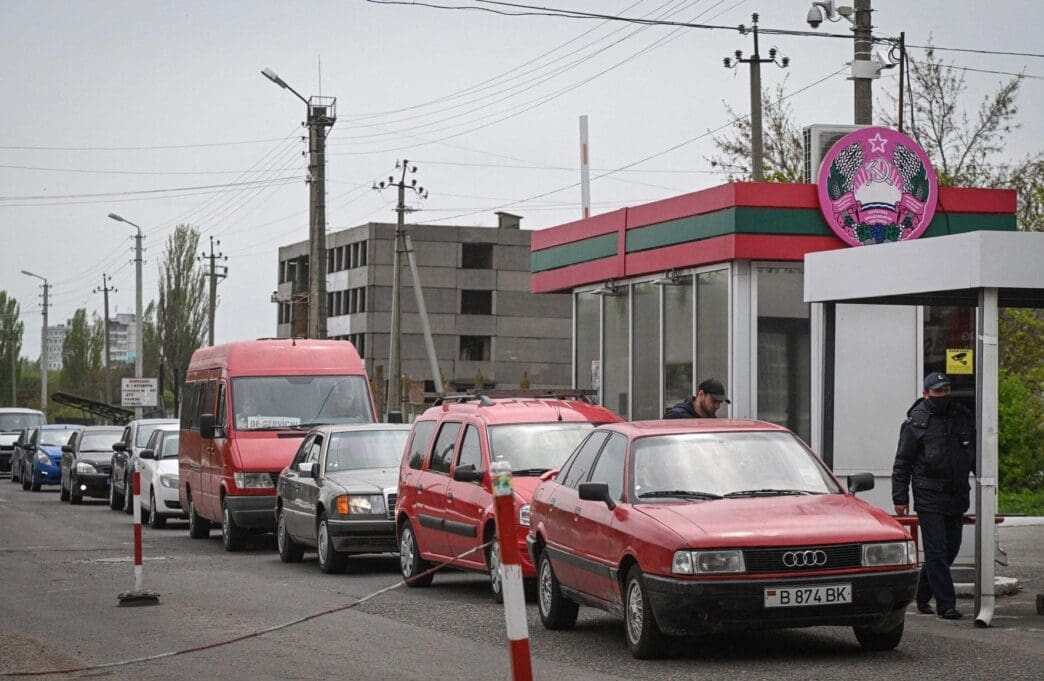Transnistria, a breakaway region from Moldova, faces a severe energy crisis following the cessation of Russian gas supplies through Ukraine, impacting thousands of residents.
The president of Transnistria, Vadim Krasnoselskyi, announced on Telegram that the region is experiencing a significant heating crisis due to the halt in Russian gas supplied via Ukraine. Approximately 1,500 multi-story apartment buildings and 72,000 private households are without gas, alongside the shutdown of 150 gas boiler houses. Krasnoselskyi urged residents to resort to burning firewood, highlighting the region’s abundant wood reserves as a potential interim solution.
This crisis emerged as Ukraine ceased transporting Russian gas into Europe after a transit agreement with Moscow expired. Ukrainian President Volodymyr Zelensky referred to the situation as a strategic setback for Moscow. Transnistria, on Moldova’s eastern border, historically relied on Russian gas coming through Ukraine since its separation from Moldova post-Soviet Union.
Krasnoselskyi also warned of unavoidable rolling blackouts necessary to maintain the energy system’s integrity. The government has devised a schedule to minimize disruption during these blackout periods. Current weather forecasts predict near-freezing temperatures in Tiraspol, Transnistria’s capital, adding urgency to the region’s energy needs.
The parliament in Transnistria has called on Russia to negotiate a new gas deal with Ukraine. Prior to the agreement’s expiration, Russia supplied around 2 billion cubic meters of gas annually to Moldova, via Transnistria. The discontinued gas transit not only impacts Transnistria but also results in financial losses for Ukraine and Russia. Ukraine loses an estimated $800 million in transit fees, while Gazprom faces approximately $5 billion in lost sales.
In a related development, Slovakian Prime Minister Robert Fico hinted at potential retaliatory measures, including cutting electricity supplies to Ukraine, labeling the gas transit end as an act of sabotage by Zelensky. Europe’s overall energy dependency on Russia has decreased since the 2022 invasion of Ukraine; however, many Eastern European nations remain dependent on Russian gas supplies.
Transnistria’s current energy predicament underscores the complex geopolitical dynamics affecting energy distribution in Eastern Europe. As affected residents turn to alternative heating methods amidst harsh weather conditions, the region’s future energy stability remains uncertain. The call for negotiations reflects the broader implications of energy politics in the region.
Source: Wsvn








